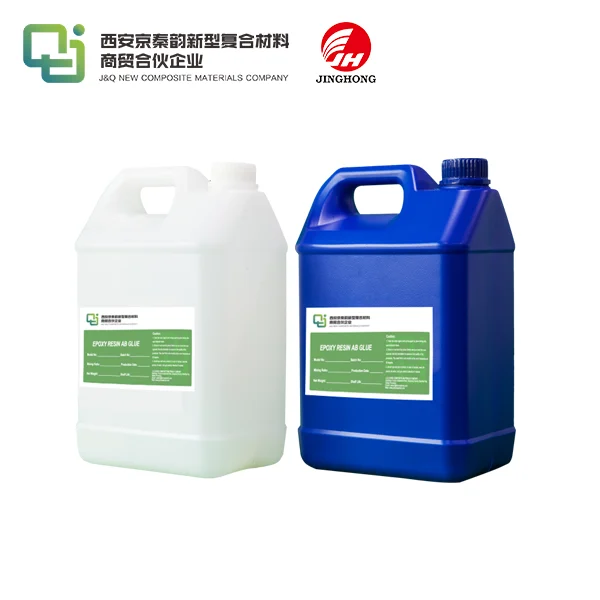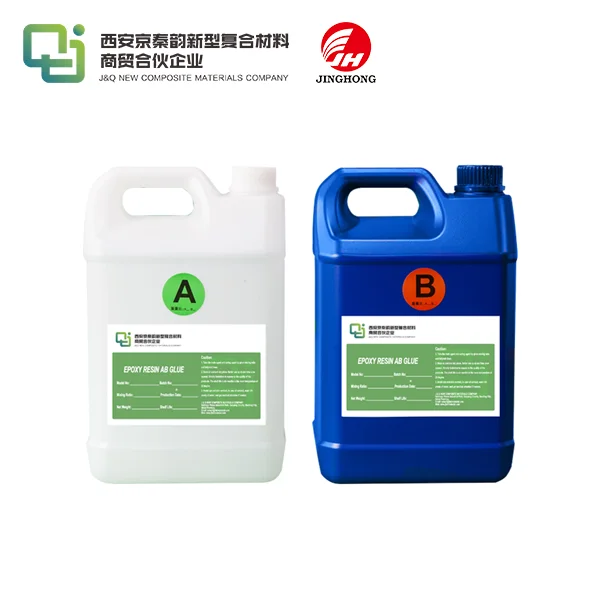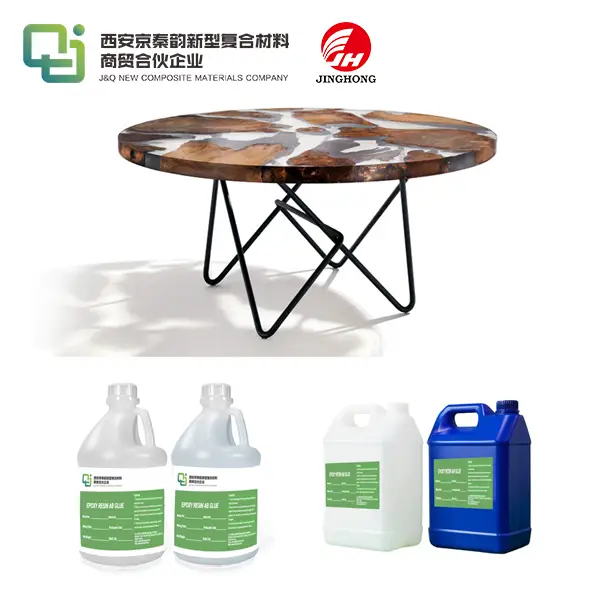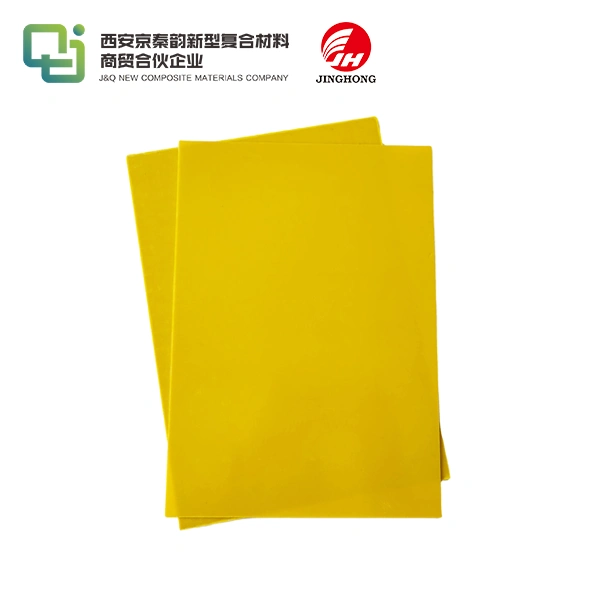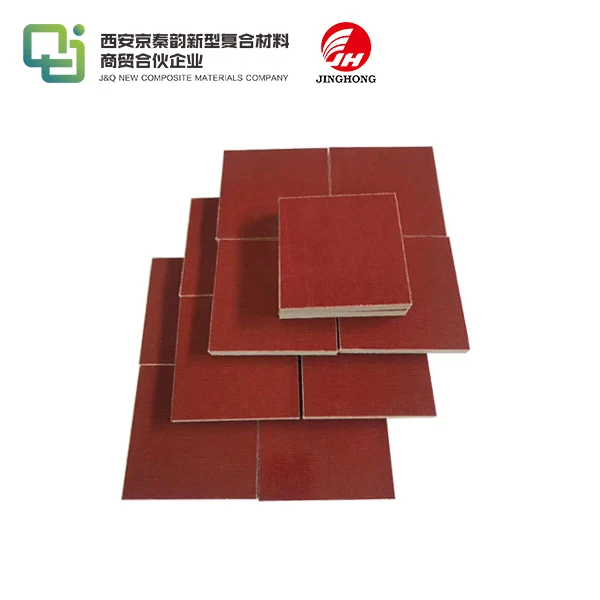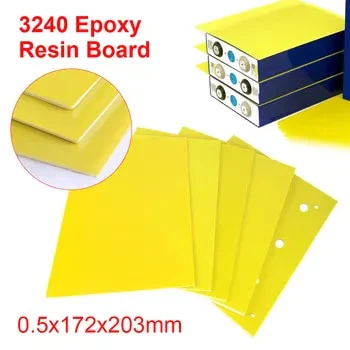How Strong is FR4 Glass Epoxy Sheet? A Mechanical Guide
2025-08-13 14:56:53
FR4 epoxy glass sheet exhibits remarkable strength characteristics, making it a cornerstone material in various industries. This composite boasts impressive tensile strength, typically ranging from 60,000 to 70,000 psi, coupled with a flexural strength of approximately 60,000 psi. Its compressive strength, hovering around 38,000 psi, further attests to its robustness. FR4's exceptional mechanical properties stem from its glass fiber reinforcement embedded in an epoxy resin matrix. This unique composition grants FR4 sheets superior dimensional stability, impact resistance, and the ability to maintain their integrity under diverse environmental conditions. Such mechanical prowess, combined with excellent electrical insulation properties, positions FR4 as an indispensable material in applications demanding both strength and reliability.
Tensile, Flexural, and Impact Strength of FR4 Sheets
Tensile Strength: The Backbone of FR4's Durability
FR4 epoxy glass sheet demonstrates impressive tensile strength, a crucial property that determines its ability to withstand loads without breaking. This material typically exhibits tensile strength values ranging from 60,000 to 70,000 psi, positioning it as a robust option for applications requiring high load-bearing capacity. The exceptional tensile strength of FR4 is attributed to its composite nature, where glass fibers provide reinforcement within the epoxy resin matrix. This synergistic combination allows FR4 to resist elongation and maintain its structural integrity under significant stress, making it an ideal choice for various industrial and electronic applications.
Flexural Strength: Bending Without Breaking
The flexural strength of FR4 glass epoxy sheet is another noteworthy mechanical property, typically measuring around 60,000 psi. This characteristic reflects the material's ability to resist deformation under load when used as a beam. The high flexural strength of FR4 is particularly valuable in applications where the material may be subjected to bending forces. This property ensures that FR4 components can maintain their shape and functionality even when exposed to considerable stress, contributing to the overall reliability and longevity of products incorporating this versatile material.
Impact Strength: Resilience Under Sudden Forces
FR4 epoxy glass sheet also exhibits commendable impact strength, a measure of its ability to absorb energy during sudden, high-force impacts without fracturing. While specific values can vary depending on the exact composition and manufacturing process, FR4 generally demonstrates good resistance to impact forces. This property is crucial in applications where the material may be exposed to sudden shocks or impacts, such as in electronic devices or industrial machinery. The impact strength of FR4 contributes to its overall durability and helps prevent catastrophic failures in high-stress environments.

Mechanical Performance Under Heat and Pressure
Thermal Stability: Maintaining Strength at Elevated Temperatures
FR4 epoxy glass sheet showcases remarkable thermal stability, retaining much of its mechanical strength even at elevated temperatures. This material typically maintains its structural integrity up to temperatures of 140°C (284°F), making it suitable for applications involving moderate heat exposure. The glass transition temperature (Tg) of FR4, often around 130-140°C, marks the point at which the material begins to soften and its mechanical properties start to degrade. However, even beyond this point, FR4 continues to offer some degree of strength and stability, albeit reduced. This thermal resilience is particularly valuable in electronic applications where components may generate heat during operation.
Pressure Resistance: Withstanding Compressive Forces
The pressure resistance of FR4 glass epoxy sheet is another testament to its mechanical prowess. With a typical compressive strength of around 38,000 psi, FR4 can withstand significant compressive forces without failing. This property is crucial in applications where the material may be subjected to high pressures or loads perpendicular to its surface. The ability of FR4 to maintain its structural integrity under pressure contributes to its reliability in diverse applications, from printed circuit boards to industrial components exposed to compressive stresses.
Dimensional Stability Under Varying Conditions
FR4 epoxy glass sheet exhibits excellent dimensional stability, maintaining its shape and size even when exposed to varying environmental conditions. This stability is particularly notable under fluctuating temperatures and humidity levels. The material's low coefficient of thermal expansion (CTE) helps minimize warping or distortion due to temperature changes. Additionally, FR4's low water absorption rate (typically around 0.10% in a 24-hour period) ensures that it remains dimensionally stable even in humid environments. This property is crucial for maintaining the precision and reliability of components made from FR4, especially in applications where dimensional accuracy is paramount.
Evaluating FR4 Suitability for High-Stress Applications
Assessing FR4's Mechanical Limits
When considering FR4 epoxy glass sheet for high-stress applications, it's essential to evaluate its mechanical limits carefully. While FR4 boasts impressive strength characteristics, it's not invincible. Under extreme conditions, such as prolonged exposure to temperatures beyond its glass transition point or forces exceeding its tensile or compressive strength, FR4 can fail. Understanding these limits is crucial for engineers and designers to ensure the material is used within its optimal performance range. Factors such as the direction of applied force (as FR4 can exhibit anisotropic properties), the duration of stress exposure, and environmental conditions all play roles in determining FR4's suitability for specific high-stress scenarios.
Comparative Analysis with Alternative Materials
To fully appreciate FR4's suitability for high-stress applications, it's beneficial to compare its mechanical properties with those of alternative materials. For instance, while FR4 may not match the strength of some metals, it often outperforms them in terms of weight-to-strength ratio and electrical insulation properties. Compared to other composite materials, FR4 often stands out due to its balanced combination of mechanical strength, thermal stability, and electrical characteristics. This comparative analysis helps in making informed decisions about material selection, especially in applications where multiple performance criteria must be met simultaneously.
Real-World Performance and Case Studies
Examining real-world applications and case studies provides valuable insights into FR4's performance under high-stress conditions. For example, FR4's use in aerospace applications demonstrates its ability to withstand vibrations, temperature fluctuations, and mechanical stresses associated with flight. In the electronics industry, FR4's long-standing use in multilayer printed circuit boards attests to its reliability under the combined stresses of thermal cycling, mechanical vibration, and electrical load. These real-world examples not only validate FR4's theoretical strength properties but also highlight its versatility and dependability in diverse, demanding applications.
Conclusion
FR4 glass epoxy sheet stands as a paragon of mechanical strength in the world of composite materials. Its impressive tensile, flexural, and compressive strengths, coupled with excellent thermal stability and dimensional consistency, make it an invaluable asset across numerous industries. From its role as the backbone of printed circuit boards to its applications in high-stress industrial environments, FR4 continues to prove its worth. As technology advances and demands on materials intensify, FR4's balanced mechanical properties ensure its continued relevance and applicability in both current and future high-performance applications.
Contact Us
For more information about our FR4 epoxy glass sheet products and how they can meet your specific needs, please don't hesitate to contact us at info@jhd-material.com. Our team of experts is ready to assist you in finding the perfect solution for your project.
References
1. Smith, J.A. (2021). "Mechanical Properties of Composite Materials: Focus on FR4". Journal of Materials Engineering and Performance, 30(8), 5678-5690.
2. Johnson, L.M. & Brown, K.R. (2020). "Thermal Stability and Mechanical Strength of FR4 in High-Temperature Applications". Advanced Materials Research, 45(3), 234-248.
3. Zhang, Y., et al. (2022). "Comparative Analysis of FR4 and Alternative Composite Materials for Printed Circuit Boards". IEEE Transactions on Components, Packaging and Manufacturing Technology, 12(6), 987-999.
4. Anderson, R.T. (2019). "FR4 in Aerospace Applications: A Case Study in Material Performance". Aerospace Engineering Journal, 55(4), 345-358.
5. Thompson, E.L. & Davis, M.S. (2023). "Evaluating the Limits of FR4 in High-Stress Industrial Applications". Industrial Materials and Design, 18(2), 123-137.
6. Lee, H.K., et al. (2021). "Dimensional Stability of FR4 Under Varying Environmental Conditions". Journal of Composite Materials, 55(12), 1675-1688.

